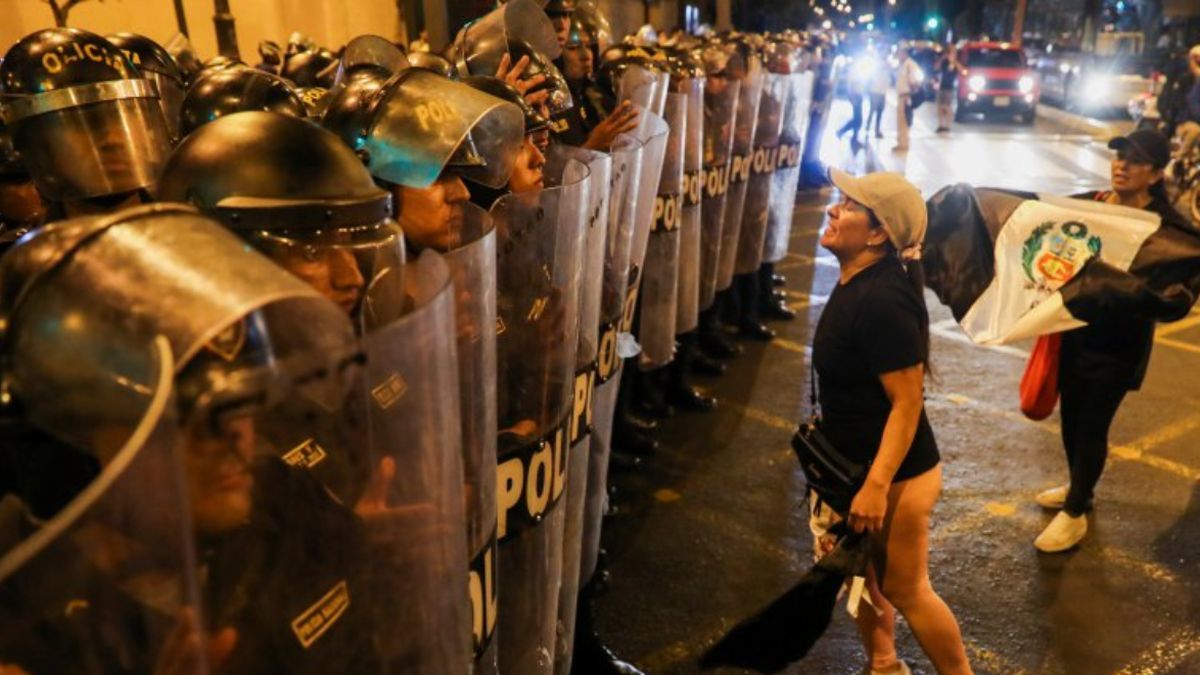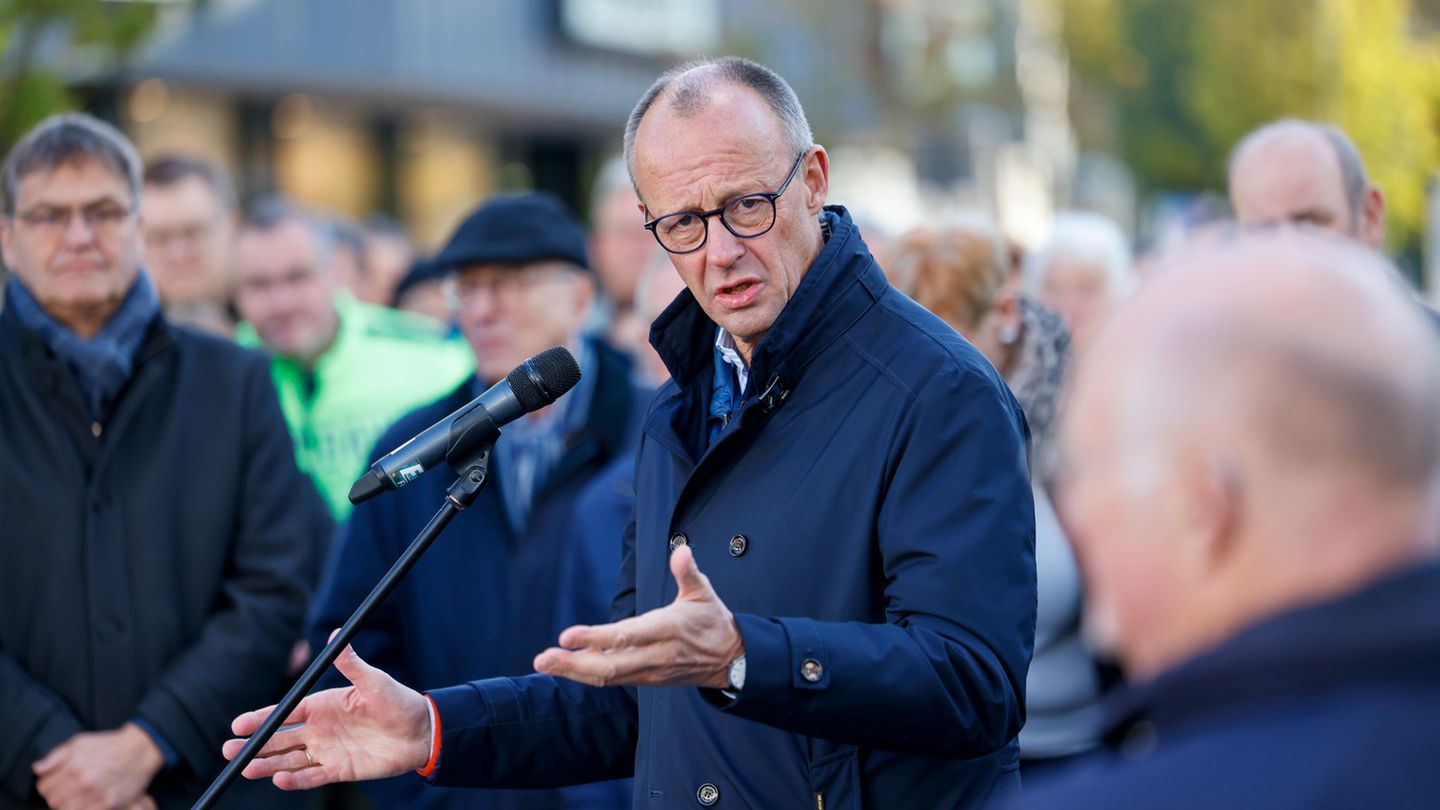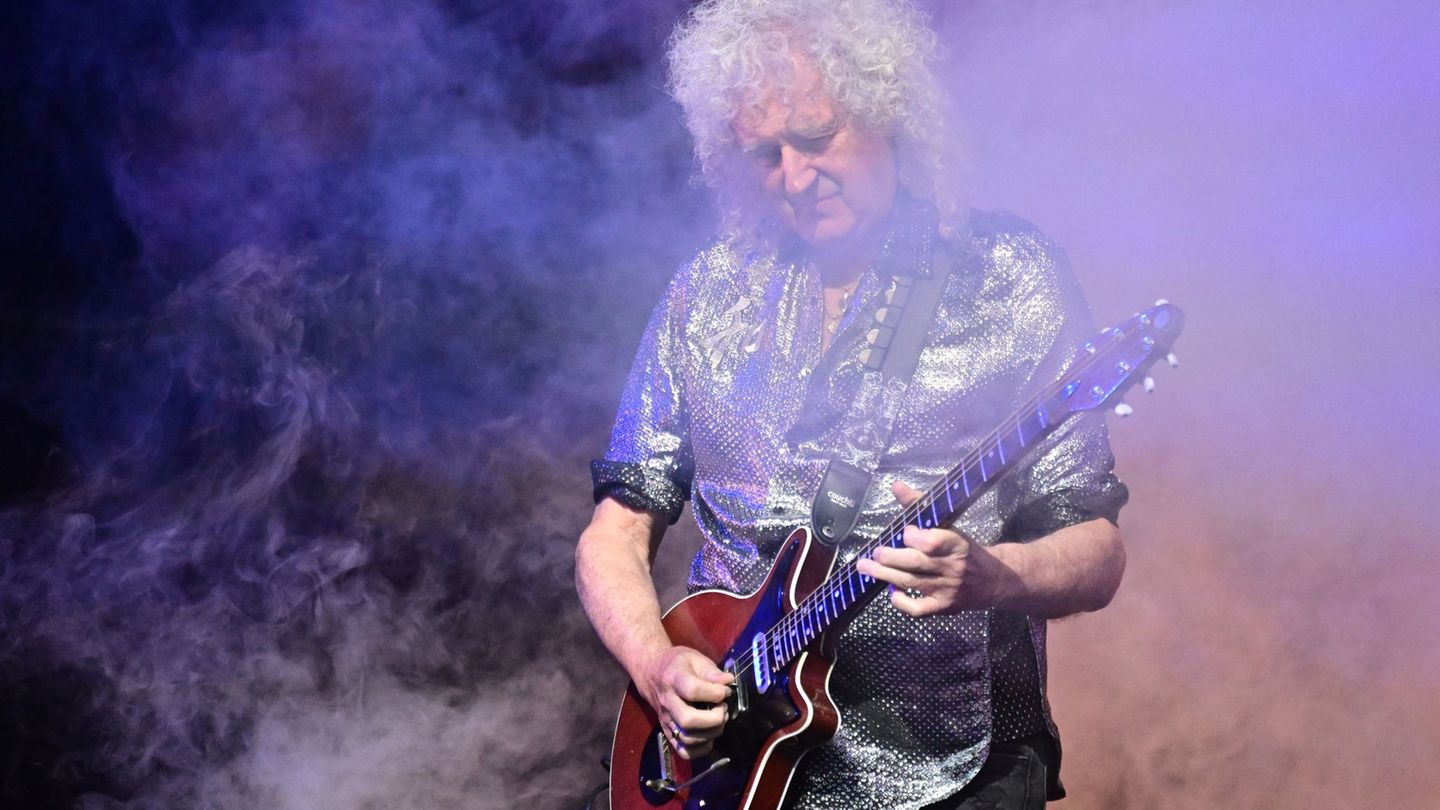However, this afternoon there were close to a hundred roadblocks in 10 of the 24 regions of the country.
The measure contemplates that “the National Police of Peru maintains control of internal order with the support of the Armed Forces.”according to the decree of the Executive Branch published by the official gazette around midnight, according to the Andina and Europa Press news agencies.
In addition, it suspends the constitutional rights of inviolability of domicile and the freedoms of transit through the national territory, assembly and personal freedom and security.
The government decision occurs when mobilizations are announced from the south of Peru to the Peruvian capital starting tomorrow, an action that the authorities describe as an attempt to destabilize the Boluarte.
However, despite the entry into force of these exceptional measures, This afternoon, 99 roadblocks persisted in 10 of the 24 departments regions of the country, according to the AFP agency.
peru protests TELAM.jpg
Peru has been experiencing a wave of protests since December 7, when Boluarte succeeded Pedro Castillo, who was dismissed by Congress hours after he announced the closure of the Legislature and the establishment of an emergency government with the suppression of constitutional guarantees.
The protests left 42 dead so far (41 civilians and one police officer), in addition to the deaths of seven civilians due to traffic accidents and events related to the blockades, according to the latest balance of the Ombudsman’s Office.
In an attempt to appease the demands, in December the Parliament brought forward the elections from 2026 to April 2024, but the protesters demand the immediate departure of Boluarte and the members of Parliament through an advance of general elections and, in some cases, the freedom of Castillo, detained in pretrial detention accused of rebellion, among other crimes.
The protests have been expressed above all in the seizure of facilities, airports and road blockades.
Yesterday, for example, the country woke up with more than 100 sections of roads blocked by protesters, while the Cusco airport resumed operations, one day after President Boluarte assured that she would not resign.
The southern Andean regions, among the most marginalized in Peru, are mired in incessant social upheaval.
In Cusco, international tourism mecca because the region is home to the ruins of Macchu Picchu, The authorities reopened operations at the Velasco Astete airport, closed for two days for security, a measure with which the government seeks to recover activity in the area, where local unions affirm that they lose up to seven million soles a day (1.7 million dollars) due to the crisis.
However, the trains to Machu Picchu, the only way to access this jewel of world tourism, were still suspended.
Protests worsen and accuse ultra-radical groups
The protests were reactivated last week after a kind of truce at the end of the year and have concentrated in the southern Andes, where Quechua and Aymara communities live that, analysts agree, have been historically marginalized.
The Inter-American Commission on Human Rights (IACHR)who made a visit to the country this week, considered that to definitively overcome the crisis it will be necessary to integrate these communities.
The authorities insist that ultra-radical sectors are behind the protests, including remnants of the guerrilla group Sendero Luminoso.
As evidence, they presented the capture this week of a former member of that organization, Rocío Leandro, known within the group as “Comrade Cusi”.
According to a police spokesman, Leandro financed the vandalism that left a dozen dead in the Ayacucho region.
The spokesman defined the hiker as “a Marxist, Leninist, Maoist murderer,” who financed the vandalism that left a dozen dead in the Ayacucho region.
“Cusi” and seven people captured along with her intend to form a new guerrilla group called New Red Fraction, police said.
Left-wing organizations such as the party Free Peru, for which Castillo and Boluarte were elected in 2021, they rejected the police version, considering it a strategy to criminalize the protest.
Source: Ambito
David William is a talented author who has made a name for himself in the world of writing. He is a professional author who writes on a wide range of topics, from general interest to opinion news. David is currently working as a writer at 24 hours worlds where he brings his unique perspective and in-depth research to his articles, making them both informative and engaging.




